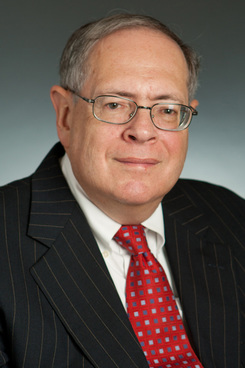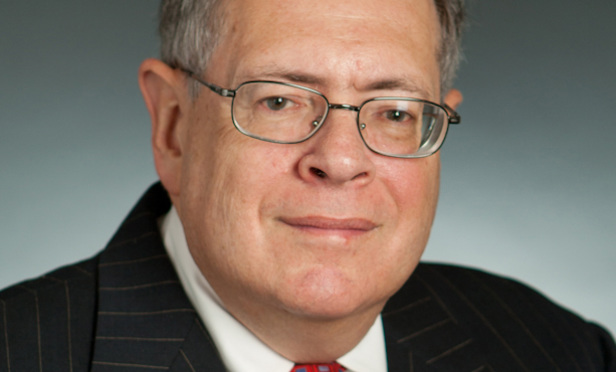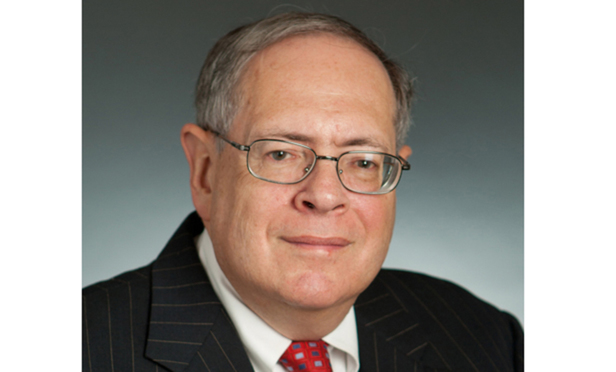Rupert M Barkoff

May 27, 2016 | New York Law Journal
Franchise Documents Should Not Be Cookie Cutter ProductsRupert M. Barkoff while Franchise Documents can be easily prepared by copycatting existing documents used by other franchisors, this overlooks the fact that this cookie-cutter approach is not likely to be successful when the franchise systems are not virtually identical. Copycatting will be less effective when the franchise systems are in different industries, but even when the systems are similar, there are other reasons not to use a copycat approach.
By Rupert M. Barkoff
10 minute read

February 25, 2016 | New York Law Journal
Prophylactic Preparation for a Business Judgment Rule DefenseIn his Franchising column, Rupert M. Barkoff writes: While the business judgment rule may trace its origin back to corporate law, it seems neatly transportable into the area of franchise law. Just like a corporation deciding how to manage its business, so, too, does a franchisor need to bob and weave when strategically managing the direction in which the franchisor will head. The rule, if enforced, allows franchise companies to make decisions without fear of being excessively scrutinized.
By Rupert M. Barkoff
10 minute read

December 02, 2015 | New York Law Journal
Hidden and Creeping Franchise Fees: Old Lessons Worth RememberingIn his Franchising column, Rupert M. Barkoff writes that a recent discussion on the ABA's Forum on Franchising Listserv brought to mind an earlier situation where payments made for extra copies of a manual were viewed as the payment of a franchisee fee, which transformed a distribution agreement into a franchise arrangement, a company into an accidental franchisor, and what might have been an allowable termination into a $1.5 million damage award.
By Rupert M. Barkoff
9 minute read

December 01, 2015 | New York Law Journal
Hidden and Creeping Franchise Fees: Old Lessons Worth RememberingIn his Franchising column, Rupert M. Barkoff writes that a recent discussion on the ABA's Forum on Franchising Listserv brought to mind an earlier situation where payments made for extra copies of a manual were viewed as the payment of a franchisee fee, which transformed a distribution agreement into a franchise arrangement, a company into an accidental franchisor, and what might have been an allowable termination into a $1.5 million damage award.
By Rupert M. Barkoff
9 minute read

September 15, 2015 | New York Law Journal
Ruling in Canada Places Heavy Obligations on FranchisorsIn his Franchising column, Rupert M. Barkoff discusses the battle being waged in Canada between Dunkin' Donuts franchisees and their franchisor. He writes: The essence of the franchisees' claim was whether the franchisor had fulfilled its obligations to its franchisees—a simple issue, it would appear. However, that turned out not to be the case.
By Rupert M. Barkoff
12 minute read

September 14, 2015 | New York Law Journal
Ruling in Canada Places Heavy Obligations on FranchisorsIn his Franchising column, Rupert M. Barkoff discusses the battle being waged in Canada between Dunkin' Donuts franchisees and their franchisor. He writes: The essence of the franchisees' claim was whether the franchisor had fulfilled its obligations to its franchisees—a simple issue, it would appear. However, that turned out not to be the case.
By Rupert M. Barkoff
12 minute read

March 17, 2015 | New York Law Journal
Is It Time to Rebuild the U.S. Franchise Regulatory System?In his Franchising column, Rupert M. Barkoff writes that while the rest of the world, including franchising, has been dynamic and constantly changing, franchise regulation has been, essentially, static since 1979. Those favoring stability in regulation might argue that the absence of change has been good for franchising. A static environment is not, by its nature, bad. However, this assumes that the existing regulatory scheme is effective.
By Rupert M. Barkoff
10 minute read

March 16, 2015 | New York Law Journal
Is It Time to Rebuild the U.S. Franchise Regulatory System?In his Franchising column, Rupert M. Barkoff writes that while the rest of the world, including franchising, has been dynamic and constantly changing, franchise regulation has been, essentially, static since 1979. Those favoring stability in regulation might argue that the absence of change has been good for franchising. A static environment is not, by its nature, bad. However, this assumes that the existing regulatory scheme is effective.
By Rupert M. Barkoff
10 minute read

December 23, 2014 | New York Law Journal
The Failure of Franchising and Academia to IntersectIn his Franchising column, Rupert M. Barkoff writes: If law schools want to be relevant in the process of creating good lawyers with real world experience, they should consider offering a course in franchising law as one avenue to enhance the experience they provide to their students.
By Rupert M. Barkoff
9 minute read

September 15, 2014 | New York Law Journal
Is the Franchising Business Model in Serious Trouble?In his Franchising column, Rupert M. Barkoff writes: Today, with the multiple recent legislative and judicial non-franchisor favorable developments relating to franchising, many are saying that the franchise model is headed for trouble. But others disagree. Some recent developments could mark the beginning of a period of change, and one that will clearly not be beneficial for franchisors; it may not be so favorable to some franchisees in the long run, either.
By Rupert M. Barkoff
12 minute read
More from ALM
- Scan In Progress: Litigators Leverage AI to Screen Prospective Jurors 1 minute read
- Legal Speak at General Counsel Conference East 2024: Match Group's Katie Dugan & Herrick's Carol Goodman 1 minute read
- Legal Speak at General Counsel Conference East 2024: Eric Wall, Executive VP, Syllo 1 minute read



